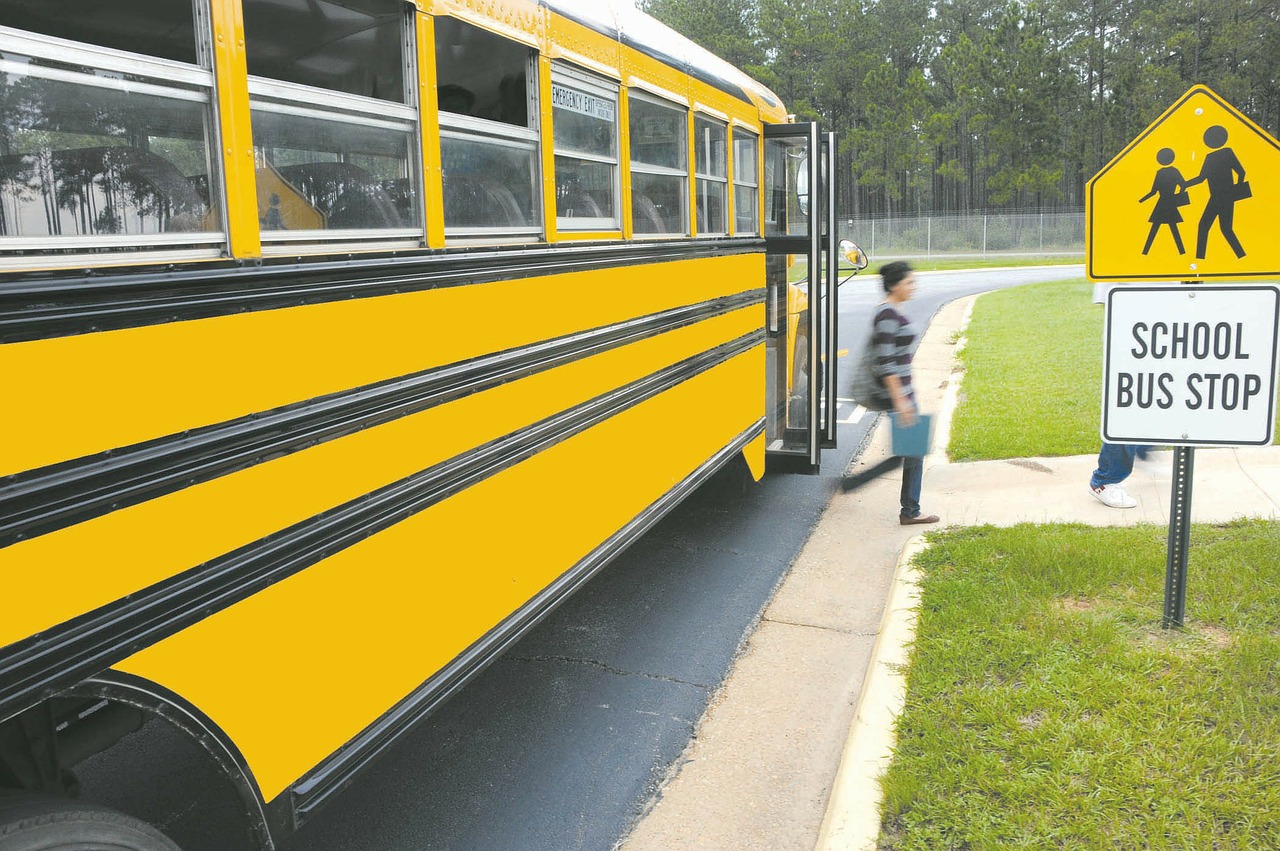New Home, New School: 5 Ways To Placate The Cranky Student
Some kids are thrilled about moving. They treat every new address as a new adventure and leap into making friends at school the way an otter flings itself into a tub of tuna fish. Other kids are not one bit happy about the change and aren’t shy about letting their parents know. If that’s the case in your family, you’ll want to know these time-tested tips to help your child adjust:
1) Be Real About the Changes
You don’t want to dismiss your child’s concerns about moving out as no big deal – after all, they have gone through a major life change – but you also don’t want to dwell on the emotional aspects of moving. Maintaining balance is key.

2) Establish Familiar Household Routines
Kids prefer stability and routine – even if they claim to love all things random – so waste no time making it clear all the regular procedures regarding bedtime, chores, and getting ready in the morning still apply. When kids don’t know what they’re expected to do, they’ll come up with their own way to do things, which may not be *at all* what you’d like them to be doing.

3) There Are Good Things About a New School
Sometimes kids need their parents to point out the positives in a situation. What’s good about the new school they’ll be attending? Maybe you’ve moved to a better school district, with nicer buildings and more activities. Maybe you’ve moved away from kids that annoyed you at the old school. Maybe the cafeteria here serves better meals. Raise hopeful possibilities. Back to school supply and clothing shopping can help bring smiles back.
4) Plenty of Sleep Helps Everyone Adjust
Bedtime is always important, but it’s even more important when the family’s gone through a major change and is a little stressed out. Pediatricians recommend toddlers get 11-14 hours of sleep per night, school aged children 9-11, and teenagers, at least 8-10. Sometimes kids will surprise their parents by taking naps in the first few days after a move: let tired children sleep whenever practically possible.

5) Remind Them They Can Stay Connected with Family and Friends
Social media is everywhere, but kids don’t necessarily always put the dots together that they can use these tools to stay connected with people besides their very best friends. Apps like Skype and Facetime are great for talking with grandparents, neighborhood buddies, and anyone else they might be missing. Younger kids may need help making this happen; all children need regular reminders of how to conduct themselves safe online.




